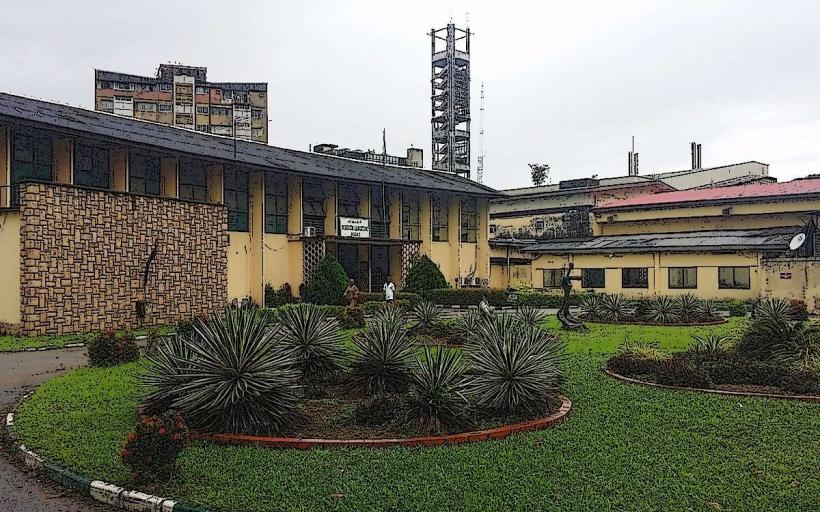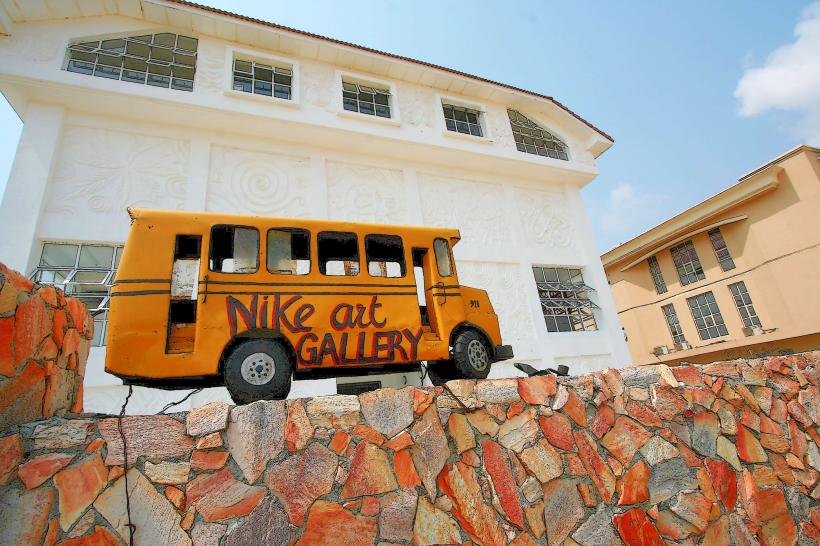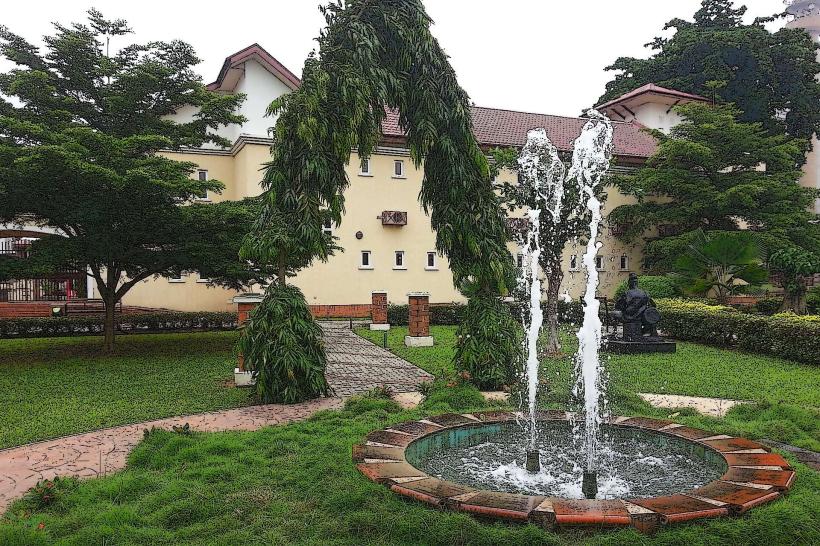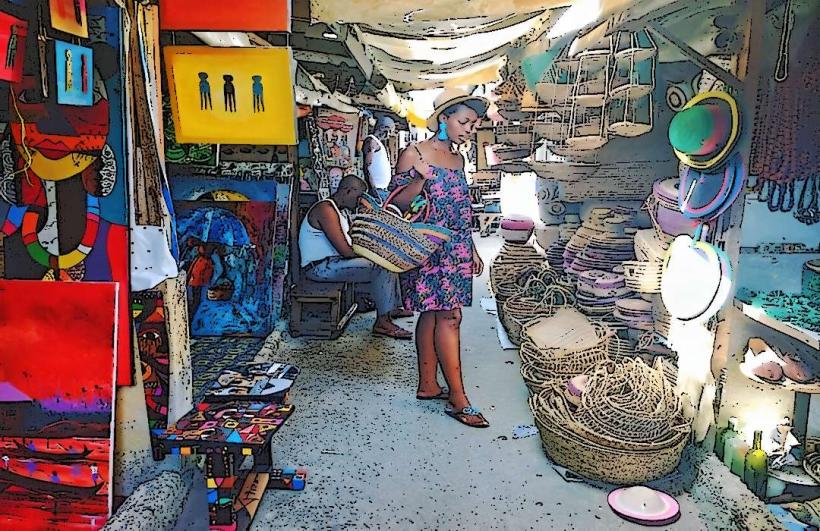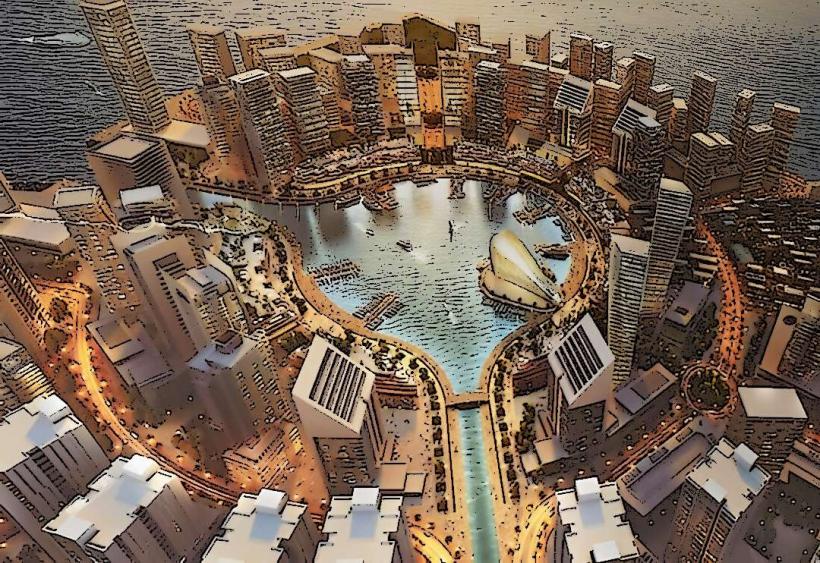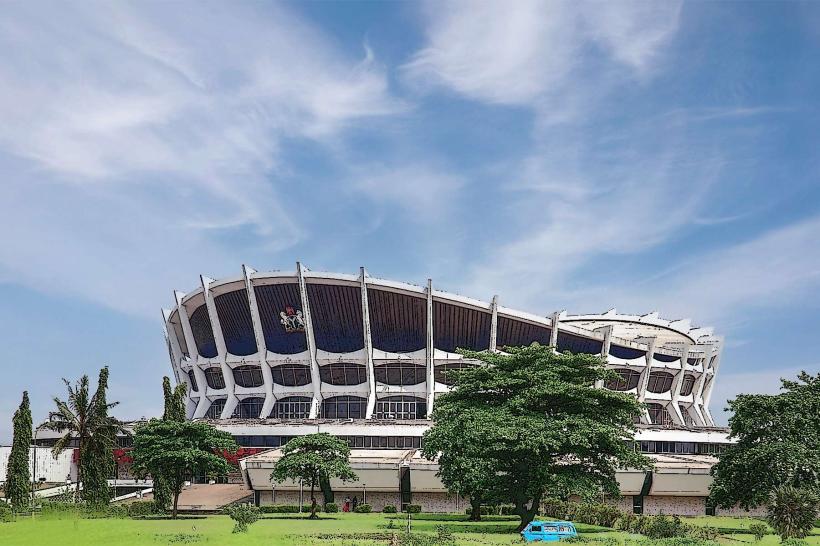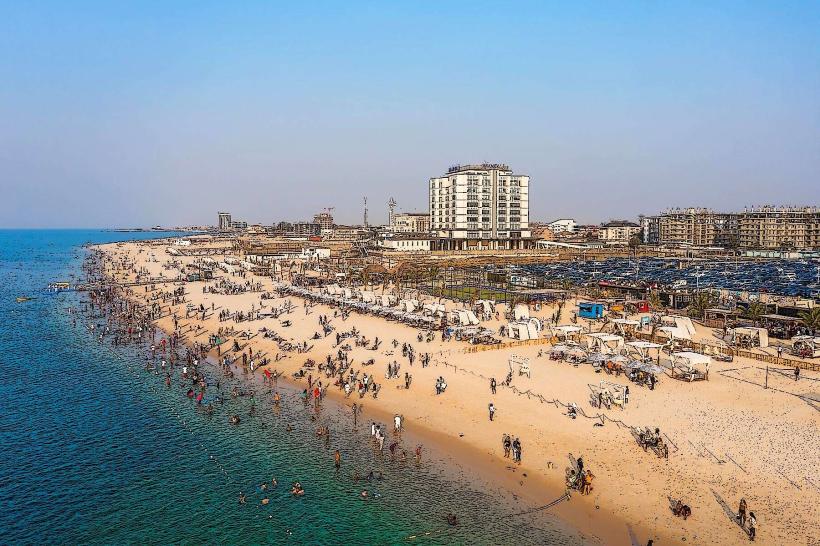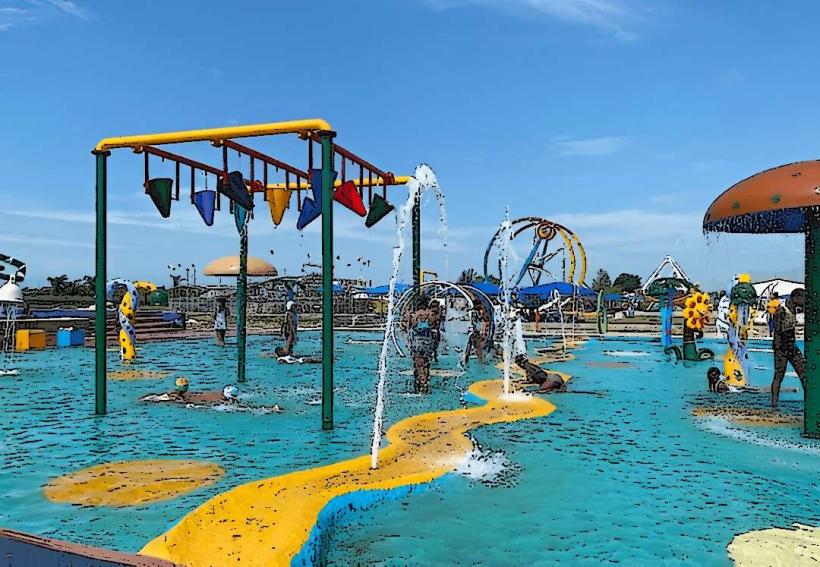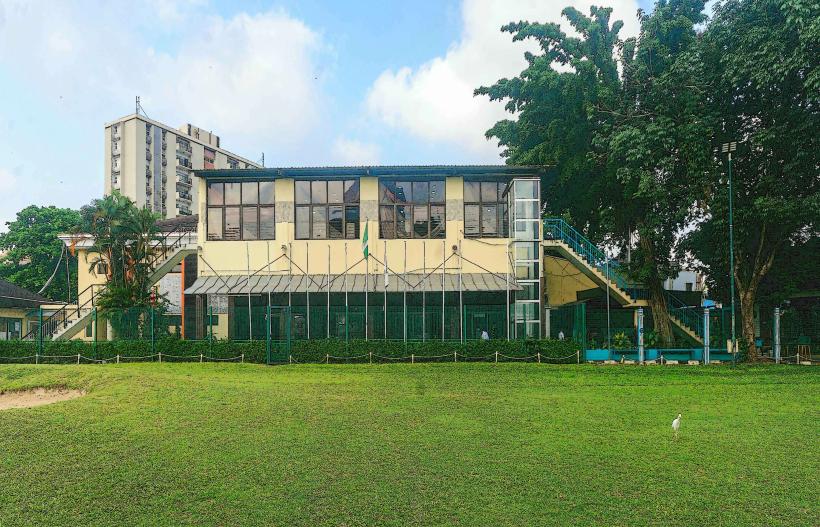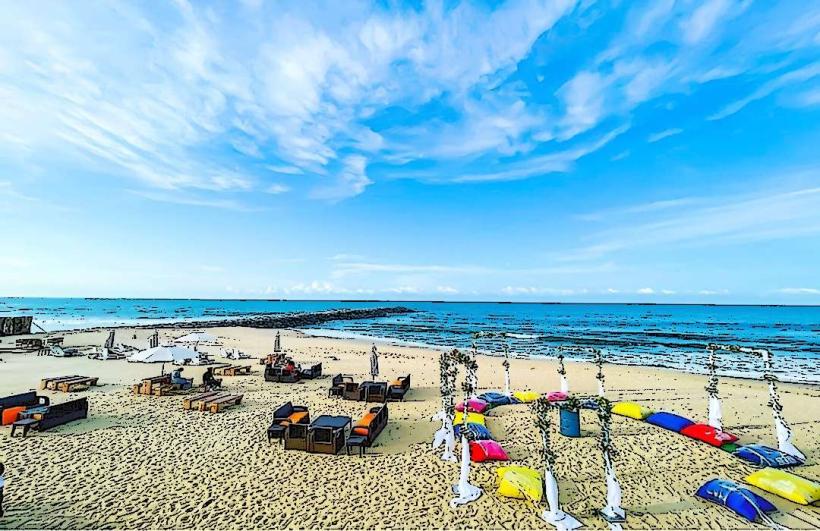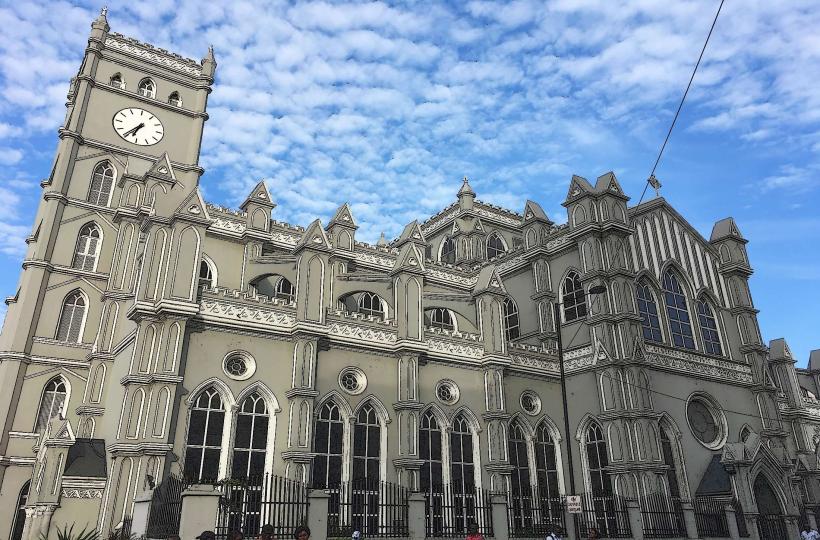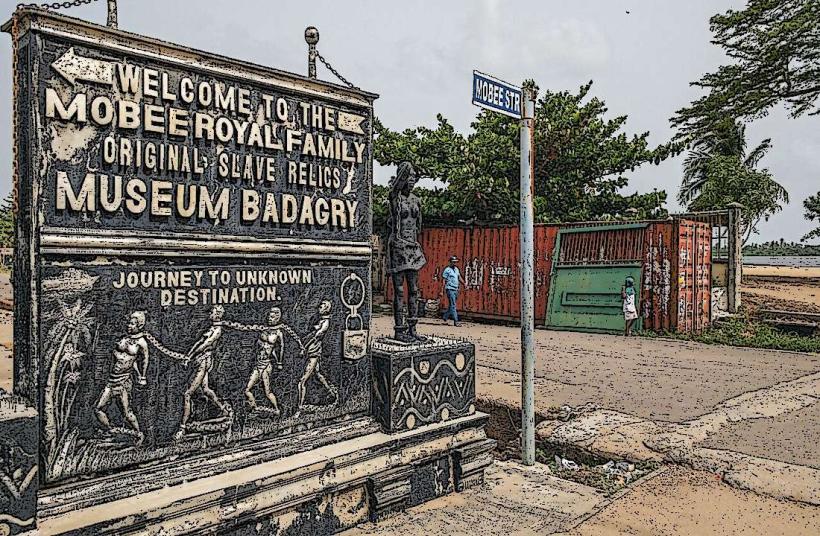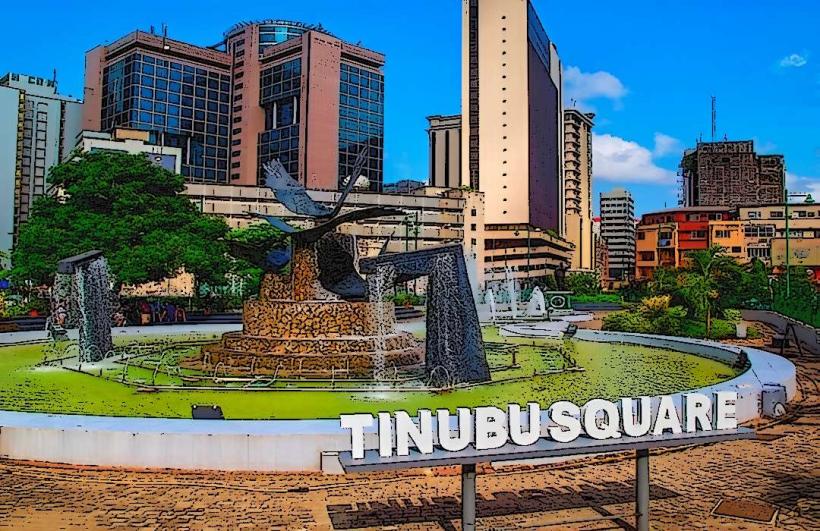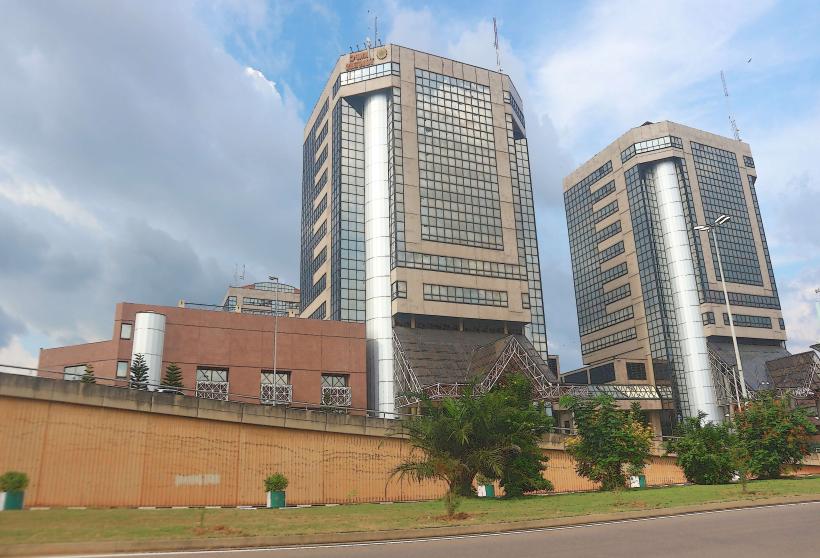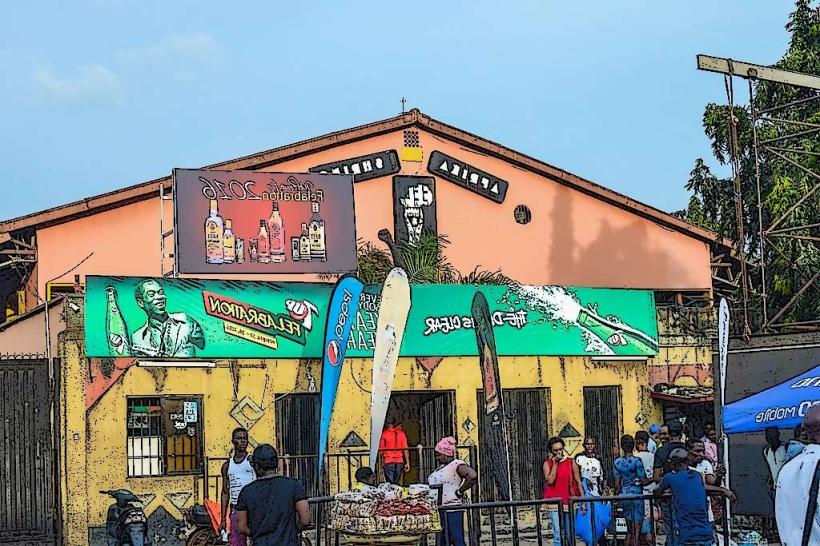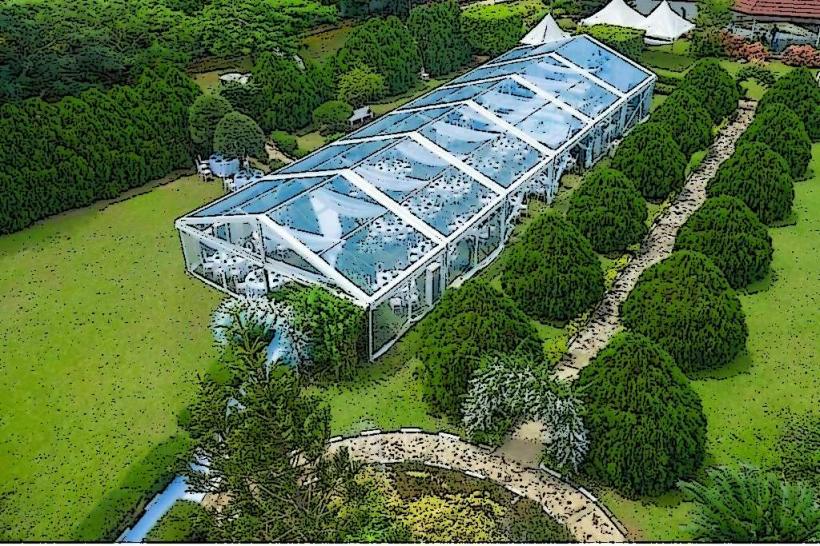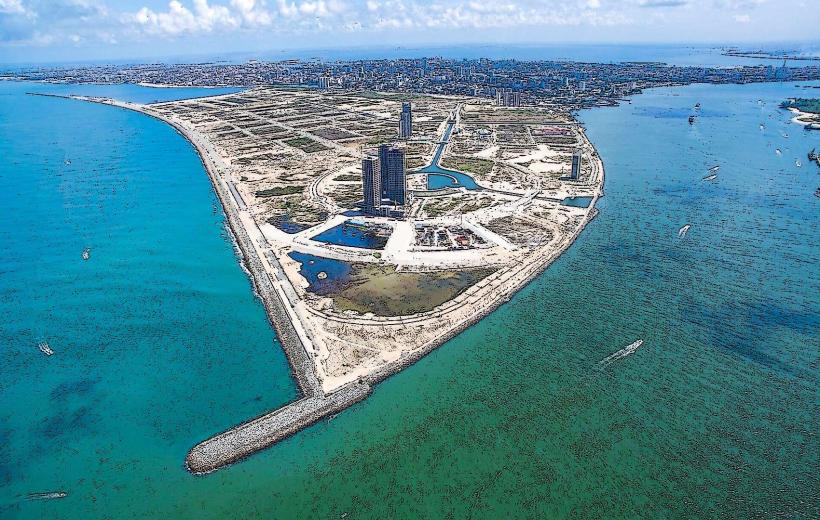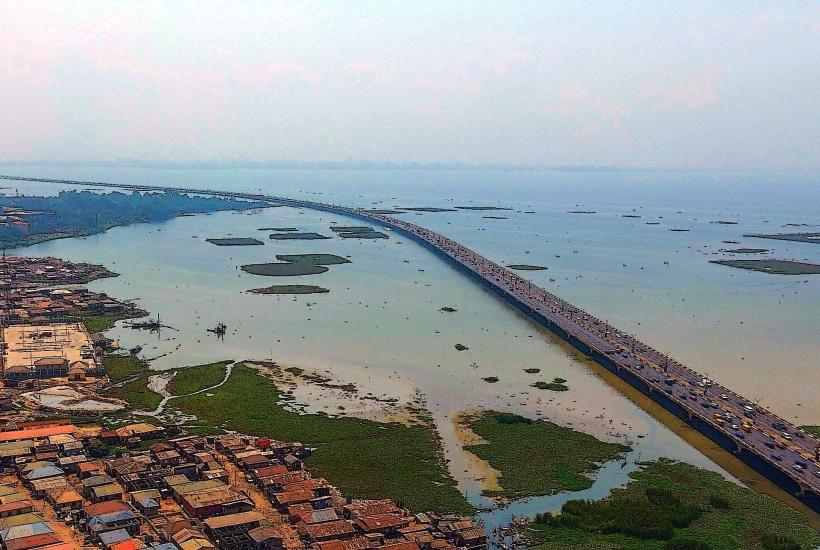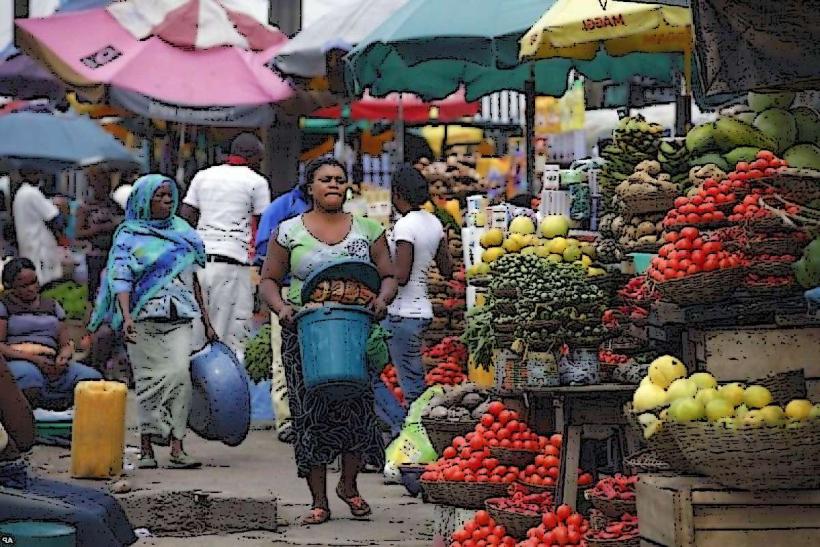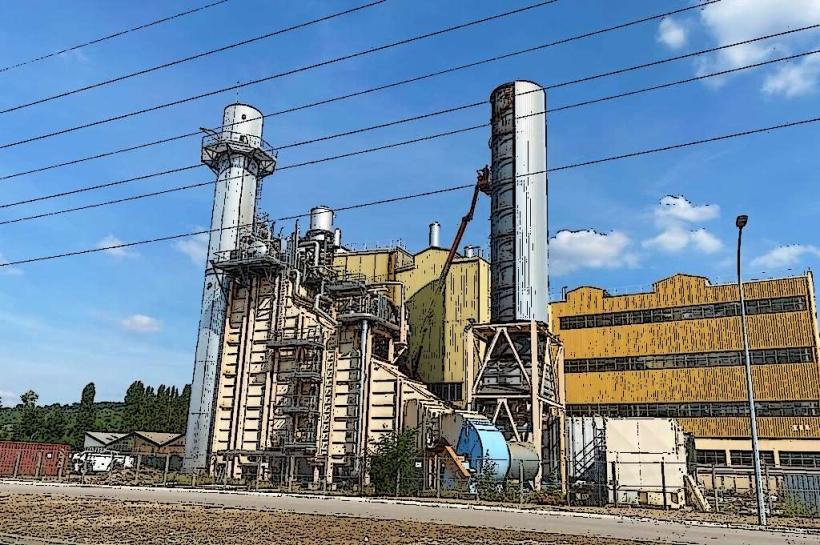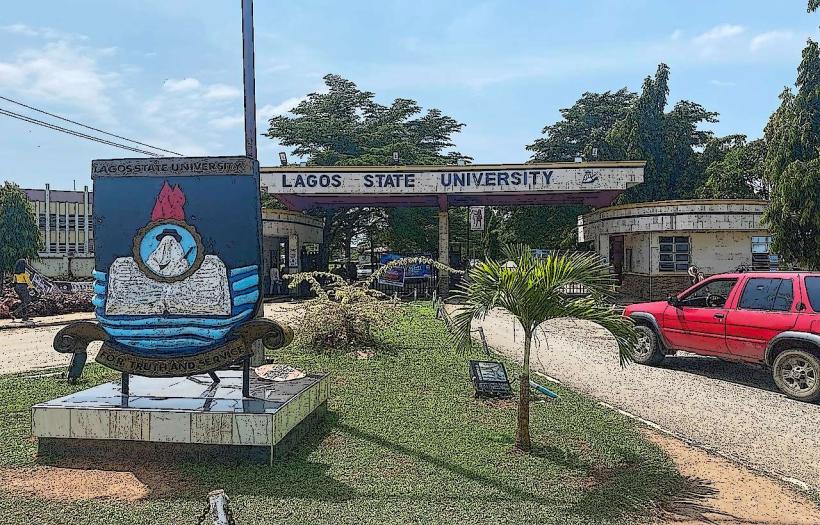Information
Landmark: National Stadium LagosCity: Lagos
Country: Nigeria
Continent: Africa
National Stadium Lagos, Lagos, Nigeria, Africa
The National Stadium Lagos is one of Nigeria's most iconic sports complexes, located in Surulere, Lagos State. It has served as the centerpiece for numerous national and international sporting events since its establishment. Over the years, the stadium has played a significant role in promoting sports in Nigeria and remains a symbol of the country’s sporting history and culture.
History and Development
Construction and Early Years: The National Stadium Lagos was originally constructed in 1961 as part of the effort to boost Nigeria’s sports infrastructure. It was designed to host major sporting events both domestically and internationally, becoming a focal point for Nigeria's athletic and football events.
1972 Expansion: In 1972, the stadium underwent a major expansion to accommodate larger crowds. The capacity was increased to 55,000 spectators, making it one of the largest in Africa at the time. This expansion made the stadium a prime venue for hosting large-scale events.
FIFA Requirements and Renovations: In 1999, Nigeria hosted the FIFA U-20 World Cup. To meet the international standards required for the tournament, the stadium's capacity was adjusted to 45,000 seats. This period also marked the start of ongoing efforts to upgrade the facilities to keep up with modern requirements for international events.
Facilities and Usage
The National Stadium is a multi-purpose complex that has a wide array of facilities to support various sports disciplines.
Main Stadium: The main arena is primarily used for football matches, serving as the home ground for the Super Eagles (Nigeria’s national football team) and hosting various local and international football tournaments.
Olympic-size Swimming Pool: The stadium also houses an Olympic-size swimming pool, making it an ideal venue for aquatic sports, such as swimming and water polo.
Multi-purpose Arena: In addition to football, the stadium includes multi-purpose arenas for sports such as athletics, rugby, basketball, volleyball, table tennis, and wrestling. It has hosted national and international championships in these sports over the years.
Athletic Tracks: The stadium features a standard 400-meter athletics track, frequently used for track and field events, both for professional athletes and for grassroots development.
Boxing and Wrestling Arenas: The National Stadium has also served as a venue for boxing and wrestling competitions, with dedicated areas for training and events.
Major Events Hosted
Over the years, the National Stadium has hosted several important sporting events, including:
1980 and 2000 African Cup of Nations (AFCON) Finals: The National Stadium was the venue for the 1980 and 2000 AFCON finals, which are among the biggest football tournaments in Africa.
1973 All-Africa Games: The stadium was a central venue during the 1973 All-Africa Games, a continental competition that brought together athletes from across Africa.
FIFA U-20 World Cup (1999): The National Stadium was one of the host venues for the 1999 FIFA U-20 World Cup, where teams from around the world competed at a high level.
International Friendlies and Other Sports Events: Over the years, the stadium has been used for international football friendlies, athletic meets, and concerts, among other large-scale events.
Decline and Renovation Efforts
Deterioration: After 2004, the stadium began to suffer from neglect and poor maintenance. The facilities deteriorated significantly, with many areas becoming rundown and the stadium losing its status as a top venue for sporting events.
Squatter Occupation: Parts of the complex were taken over by squatters, while informal markets and vendors occupied some of the surrounding spaces, further contributing to the degradation of the facility.
Government Intervention: In recent years, the Nigerian government has made efforts to restore and renovate the stadium. In 2022, significant renovations were initiated to refurbish the deteriorated sections of the facility. These renovations included upgrading the seating, lighting, and security systems. The project also focused on restoring the swimming pool and other critical components of the facility.
Recent Developments
The 2022 renovation project included a partnership with private organizations and stakeholders, such as Sir Adebutu Keshington, a Nigerian businessman and philanthropist. These efforts aimed to return the stadium to its former glory and bring it in line with modern standards for international sports events.
By 2025, the National Stadium has seen significant upgrades and is once again ready to host large-scale sports events. The refurbished facilities have reinvigorated the stadium's role as a hub for sports and cultural activities.
Current Status
As of 2025, the National Stadium Lagos is in much better condition, with modernized facilities that make it a prime venue for sports competitions, concerts, and public events. It continues to play an essential role in Nigeria's sporting culture, serving as a place for athletes to train and compete at the highest level.
Visitor Information
Location: The stadium is located in Surulere, Lagos State, Nigeria. It is easily accessible from various parts of Lagos, with good transport links by road.
Parking: There are ample parking facilities around the stadium, especially during major events.
Public Transport: The stadium is well-served by public transportation, including buses and taxis. Visitors can easily reach it from different parts of Lagos.
Events: The stadium regularly hosts sports events, concerts, and festivals. It is best to check for event schedules and tickets online or through the official channels of the stadium.
Conclusion
The National Stadium Lagos is not only a historic sports facility but also a central part of Lagos' cultural and sporting identity. After years of decline, the renovation efforts have reinvigorated the stadium, allowing it to continue as one of the premier sports venues in Africa. Whether it’s hosting international football matches, athletic events, or cultural performances, the National Stadium remains a key player in Nigeria’s sporting landscape.

